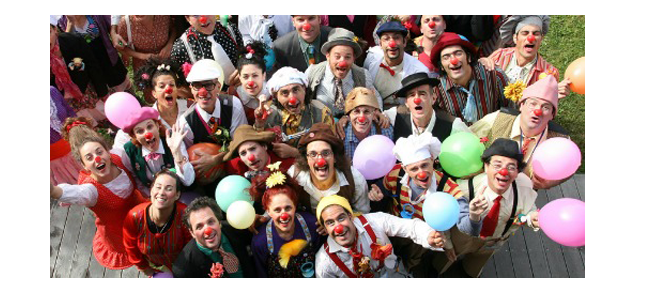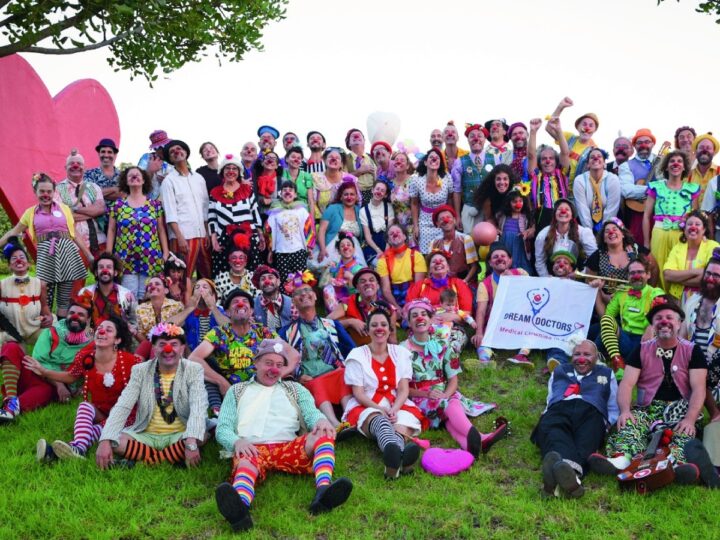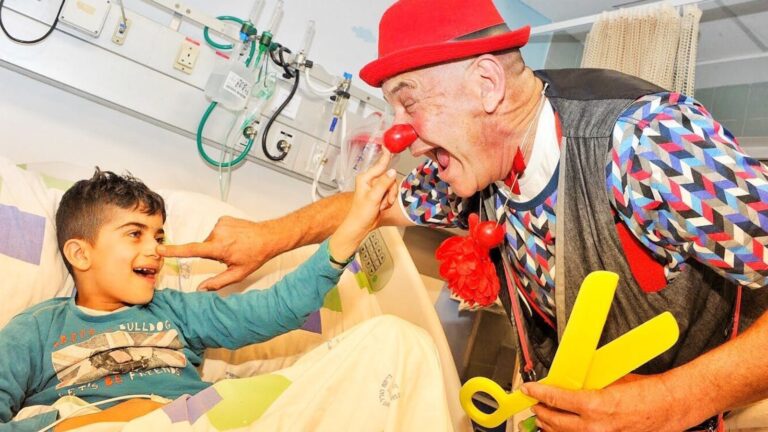 Allergy scratch tests are no joke as they involve needles … and lots of them. But a new study by Tel Aviv University researchers provides the first quantitative analysis of the role of “medical clowns” in reducing the anxiety and pain felt by children undergoing these pin-prick tests.
Allergy scratch tests are no joke as they involve needles … and lots of them. But a new study by Tel Aviv University researchers provides the first quantitative analysis of the role of “medical clowns” in reducing the anxiety and pain felt by children undergoing these pin-prick tests.
“The intervention of medical clowns during various medical procedures performed on children has been used to relieve anxiety and pain, but their role in allergy skin testing has never been evaluated,” said Prof. Arnon Goldberg, one of the co-leaders of the study team. “Our work offers a better method for easing the pain and anxiety induced in children by these tests. Children and parents will definitely benefit from the contribution of medical clowns to stressful medical tests like the skin prick test.”
The research, published in Allergy, was conducted by a team led by Goldberg and Dr. Ronit Confino-Cohen of TAU’s Sackler Faculty of Medicine and Meir Medical Center.
The study found that not only do medical clowns significantly decrease the level of anxiety expressed by children undergoing these tests, but they also assuage the pain the children experience.
The study involved 91 children, aged two to 17 years, who underwent skin-prick testing at the Allergy and Clinical Immunology Unit of Meir Medical Center in Israel. A clown from Dream Doctors, an organization that provides Israeli medical centers with medical clowns, accompanied 45 of the children, while 46 kids underwent testing without clowns. Children aged eight and older and all the children’s parents rated their anxiety in questionnaires administered before and after testing.
Both older and younger children accompanied by clowns were far less anxious during testing than the control group. Their parents were also less anxious preceding the testing than parents in the control group, and their anxiety was further reduced after testing. No change in either anxiety level was recorded in control parents.
“Our research group is comprised of experienced allergists,” said Prof. Goldberg, “so we all knew that children, and occasionally their parents, express deep anxiety and fear of the skin tests. We wanted to see what could be done to improve the situation.”















